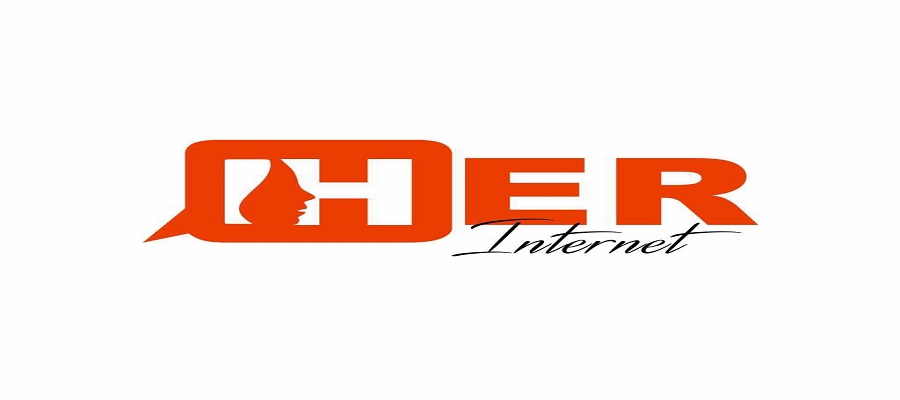To celebrate International Women's Day #IWD2020, HER Internet hosted a dialogue dubbed #EachforEqual under the global theme #GenerationEquality. The conversation sought to answer the question 'What issues enable gender inequality in online spaces?'. Held in an open safe space, the meeting was attended by HER Internet board members, queer women, female sex workers and feminists who shared their experiences, insights and possible solutions to closing the gender gap online.
The Executive Director of HER Internet Sandra Riza shared a brief history of the organization as well as their core work since inception in 2018. She revealed that the organisation aims at supporting the digital security, safety and advocacy against online violence faced by LBQ women and female sex workers. Ms Riza also noted that HER Internet backs growth of individuals and organizations as this will in turn facilitate organizing of both LBQ women and female sex workers' movements in Uganda.
Participants established that whatever happens online is a complete depiction of what happens offline- delving into reasons why inequality and online violence thrives, how it manifests as well as how it impacts LBQ women, female sex workers and women in general. Among those highlighted were issues of the inferiority complex of women, recurring silence when such violations take place due to ignorance, patriarchy, sexism, misogyny, power dynamics toppled and the limited number and nature of women that can access the internet which is mostly the elites.

Elizabeth Kemigisha, a lawyer and feminist noted that usually the women targeted online are those pushing boundaries while doing activism work like twitter feminists.
Ophelia Kemigisha, a feminist lawyer with Chapter Four Uganda intimated that that most women who don't conform to social constructs are placed more at risk of online violence while also the status quo of some women has limited interventions in online violence.
The continuous gender inequality that exists in the tech industry was also pointed out as most men who control the narrative of the internet and hardly care for anyone's human rights or safety since they earn from it. Furthermore, the lack of accountability measures or serious sanctions against the abusers has fostered online violence against women since there no governance in the virtual space of the internet.
Some manifestations of inequality online that were highlighted include- silence by the state and women on issues that affect other women online thus withhold from engagement in public online spaces and trolling as men are most times protective over fellow men, some women in places of power or influence are gatekeepers to patriarchy and therefore create unfavorable environments for vulnerable women online.
Censorship of women over men on the internet also allows men to become more violent or harass women as anonymity affords one the liberty that fuels online violence. Lack of believability and victimization of women who have fallen prey to online violence especially by the authorities and thus no legal redress due to social/ cultural norms- the system is more protective of the perpetrators than the victims. All these stem from the trivialization and domestication of response when it comes to women's issues.
On a positive note, participants acknowledged that the internet has afforded a cheap space for all activists and women in their diversity to express themselves despite the mishaps. It has also encouraged more representation as they are excluded every day in visible spaces therefore all women should embrace the internet as a space for advocacy towards women's rights while maintaining their safety.
As part of the possible solutions, attendees were encouraged to utilize their privacy settings while using the internet. There should also be a lot of sensitization on risks, laws and the feminist internet principles that can guide all feminists as they carry out their advocacy work. This will also help mitigate cyber-crimes and online violence. The state should be called out on some cyber laws which require amendment and further be enforced with the appropriate resources and capacity.
To conclude the session, it was pointed out that a needs assessment should be carried out to understand the different contexts of all women in Uganda. This will help establish online risks and how they can best be managed. It will also ensure full participation, extensive reach and inclusion of rural vulnerable and marginalized women at risk in future dialogues on regards to online safety and security. Utilization of strategic litigation in Equal Opportunities Commission (EOC) or the Human Rights Commission (HRC) or High Court will set precedence for future cases about online violence against most at risk women in Uganda in pursuit of justice.
For any more information or inquiry on violence online against marginalized women in Uganda, please contact HER Internet: info@herinternet.org.




